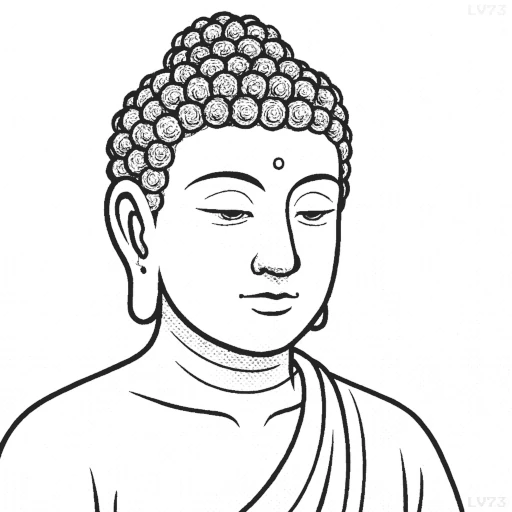“To live a pure unselfish life, one must count nothing as one’s own in the midst of abundance.”

- 7th century BC to 5th century BC
- Indian
- Religious leader, thinker
table of contents
Quote
“To live a pure unselfish life, one must count nothing as one’s own in the midst of abundance.”
Explanation
This quote suggests that true selflessness and purity of heart come from the ability to let go of attachment, even in times of prosperity or abundance. It encourages detachment from material possessions and a mindset that recognizes that everything—whether wealth, success, or possessions—ultimately belongs to the world and is temporary. When one is able to live without claiming ownership, even amidst abundance, they are free from the grasping and desires that often lead to suffering. This kind of detached generosity allows a person to give freely, without expectation, and to live in alignment with higher principles of compassion and non-attachment.
In modern life, this message calls for a shift in perspective about material wealth and ownership. Many people define their worth or success based on what they own, but this quote reminds us that true fulfillment and spiritual richness come from being able to share, give, and live with gratitude for what we have, without clinging to it. For example, someone who practices minimalism or regularly donates their time and resources to others embodies this idea, recognizing that true wealth is found in how we use what we have for the greater good, not in accumulating possessions.
Historically, Buddha’s teachings emphasize non-attachment as a key principle on the path to enlightenment. Buddha taught that attachment to material things and the illusion of ownership lead to suffering. By cultivating a mindset of impermanence—recognizing that all things are temporary—one can let go of the need to claim possessions as one’s own, achieving a deeper sense of peace and freedom. This mindset fosters compassion and wisdom, leading to a life that is more focused on spiritual growth than on the accumulation of worldly goods.
Would you like to share your impressions or related stories about this quote in the comments section?



